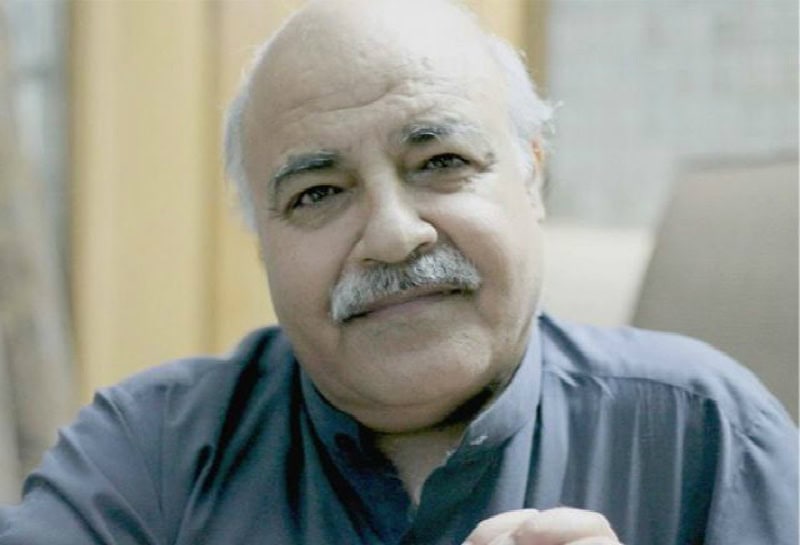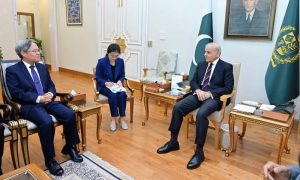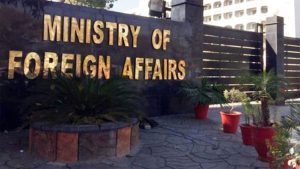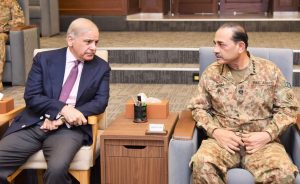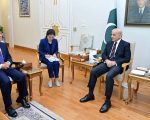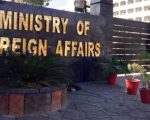PESHAWAR (Staff Report) – Dr Said Alam Mehsud, Convener China-Pakistan Economic Corridor Front, was stopped by Islamia College Peshawar administration from presenting his views at a seminar on Thursday.
Mehsud, who heads the Pakhtunkhwa Ulasi Tehreek (PUT) and is also the KP government’s technical expert on the CPEC, later told the media that he was invited by the university to give a presentation on the $42 billion mega project.
But according to Mehsud, he was expelled from the hall on the behest of Federal Minister for Planning and Development Ahsan Iqbal, who was the chief guest on the occasion.
Dr Mehsud opined that the vice chancellor of Peshawar University was not to be blamed, as the “orders directly came from the federal minister’.
ANP leader Bushra Gohar strongly criticized the federal government for the incident. In a series of tweets, referring to news tickers from Geo TV, Ms Gohar demanded that the Prime Minister take notice of the incident.
#AhsanIqbal has made the #CPEC controversial. #ANPAgainstRouteChange #RejectAlternateRoute PM must take notice. BG pic.twitter.com/W94B30piB8
— Bushra Gohar (@BushraGohar) May 5, 2016
The Awami National Party and the Jamiat Ulema-e-Islam-Fazl were the two main political forces that had initially opposed the Planning Commission’s decision to construct the eastern alignment of the corridor before construction of the western route. However, leaders of both parties were pacified following a meeting with the prime minister during which they were assured that their grievances would be addressed.
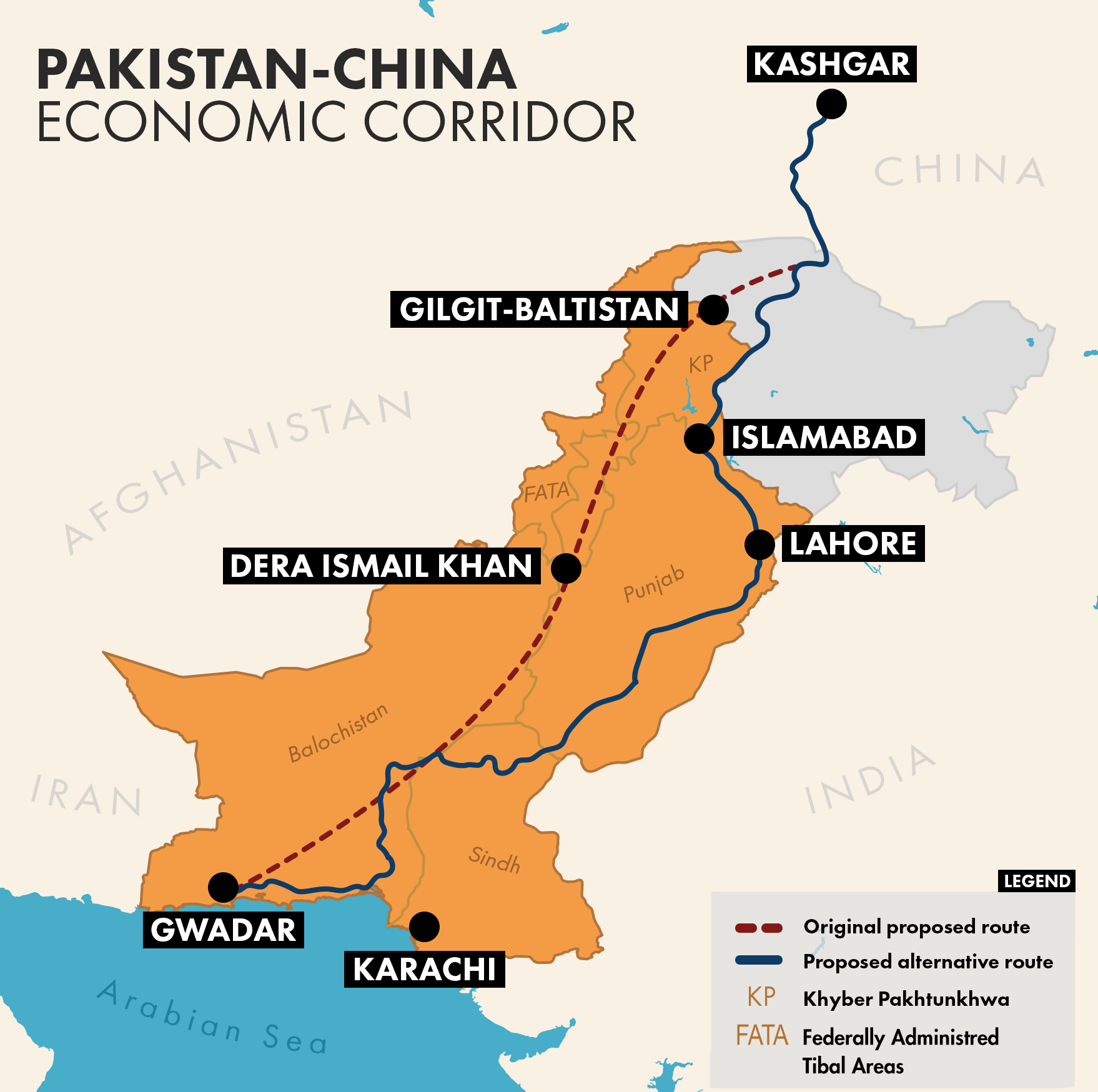
Numerous other political parties in the province share concerns regarding the construction of the Western route.
Last year, ANP chief Asfandyar Wali, whose party has vociferously opposed the change in the corridor’s route, met Prime Minister Nawaz Sharif and was assured of a six-lane motorway extending from DI Khan.
The China Pakistan Economic Corridor (CPEC) is a collection of projects currently under construction at a cost of $46 billion which is intended to rapidly expand and upgrade Pakistani infrastructure, as well as deepen and broaden economic links between Pakistan and the People’s Republic of China.
The corridor is considered to be an extension of China’s ambitious proposed 21st century Silk Road initiative, and is considered central to China–Pakistan relations.

